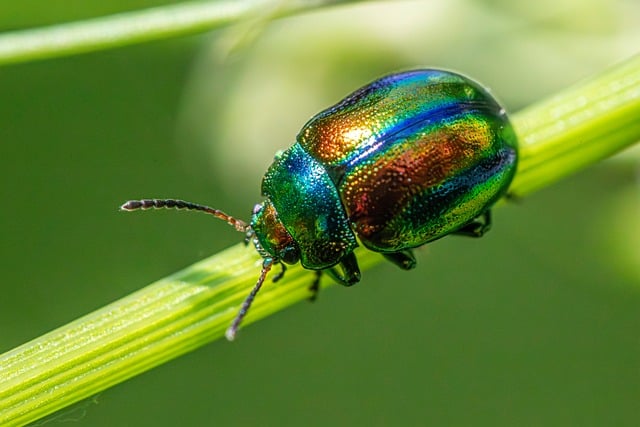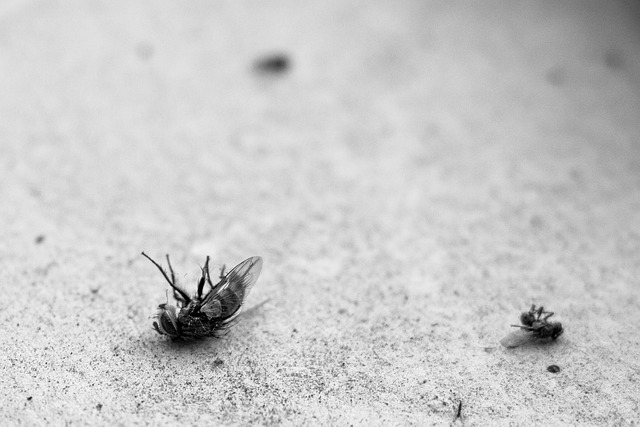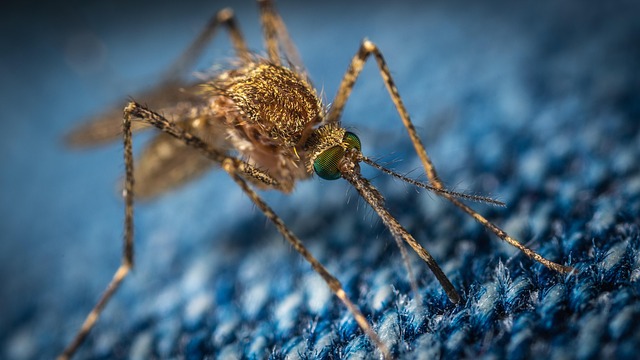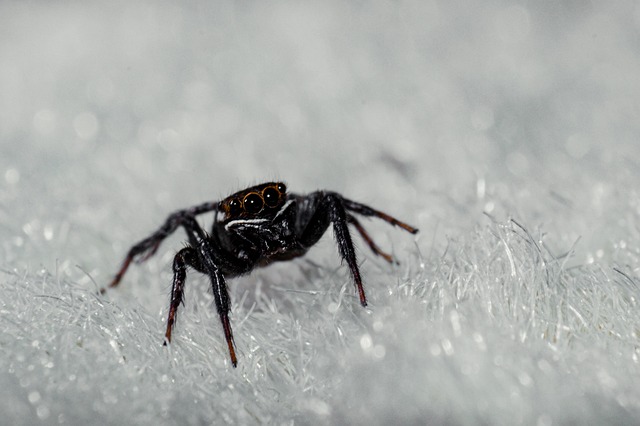Flea and tick pests pose significant challenges to Castle Rock vegetable gardeners during warm summers, impacting plant health and yield. Effective sustainable pest management requires understanding their life cycles and behavior. Key strategies include maintaining well-trimmed gardens with good air circulation, using organic methods like neem oil or garlic, introducing beneficial insects, diversifying plant species with herb repellents, proper garden hygiene, and preventive measures such as companion planting. These natural solutions promote a greener, healthier garden ecosystem without harmful chemicals.
In the quest for thriving vegetable gardens in Castle Rock, understanding and managing flea and tick pests is paramount. These minuscule invaders can swiftly devastate crops, making sustainable pest control a vital practice for eco-conscious gardeners. This article explores effective strategies to combat these irritating arthropods. From recognizing their telltale signs to implementing natural solutions, we equip you with the knowledge needed for successful, long-term protection of your Castle Rock vegetable gardens through sustainable pest management practices.
- Understanding Flea and Tick Pests in Vegetable Gardens
- Sustainable Pest Management Strategies for Castle Rock Gardens
- Natural Solutions and Preventive Measures for Long-Term Protection
Understanding Flea and Tick Pests in Vegetable Gardens

Flea and tick pests can pose a significant challenge for vegetable gardeners in Castle Rock, impacting both plant health and overall yield. These tiny parasitic arachnids thrive in warm, humid conditions, making them particularly problematic during the summer months. Understanding their life cycles and behavior is crucial to implementing effective sustainable pest management strategies.
Flea and tick populations often build up in dense vegetation, so maintaining a well-trimmed garden with good air circulation can help deter them. Organic methods like using neem oil, garlic, or lavender, which have natural insecticidal properties, can be integrated into a comprehensive defense strategy. Additionally, regularly inspecting plants for signs of infestation early on enables timely intervention to prevent widespread damage.
Sustainable Pest Management Strategies for Castle Rock Gardens

In Castle Rock, sustainable pest management for vegetable gardens is a crucial approach to maintaining healthy plants and preserving the environment. By adopting eco-friendly practices, gardeners can effectively control fleas and ticks while minimizing the use of synthetic chemicals. One key strategy involves introducing beneficial insects like ladybugs and lacewings, which feed on these pests, creating a natural balance in the garden ecosystem. Additionally, using organic pesticides derived from plants or essential oils offers targeted protection without harming useful insects.
Diversifying plant species in your vegetable garden can also deter pests. Certain herbs such as lavender, mint, and basil have strong scents that repel fleas and ticks. Planting these companion plants around vegetables provides natural defense mechanisms. Furthermore, maintaining proper garden hygiene by removing dead plant material and regularly cleaning tools prevents pest breeding grounds from forming, making it an essential aspect of sustainable pest management for vegetable gardens in Castle Rock.
Natural Solutions and Preventive Measures for Long-Term Protection

In the quest for sustainable pest management for vegetable gardens in Castle Rock, natural solutions and preventive measures offer a holistic approach to long-term protection. Organic gardening methods, such as companion planting (where certain plants naturally repel pests) and the introduction of beneficial insects like ladybugs and lacewings, can significantly reduce flea and tick populations. Additionally, maintaining a healthy garden ecosystem through proper watering, weeding, and mulching creates an unappealing environment for these pests.
Regular cleaning and sanitizing of gardening tools, removing dead plant matter, and ensuring good air circulation around plants further deter pests. Preventive measures like these not only protect vegetables from flea and tick damage but also promote a greener, healthier garden ecosystem in Castle Rock.
In light of the above, sustainable pest management for vegetable gardens in Castle Rock requires a multi-faceted approach. By understanding flea and tick pests and implementing natural solutions alongside preventive measures, gardeners can achieve long-term protection without resorting to harmful chemicals. Adopting these practices not only safeguards our health and the environment but also promotes a vibrant and healthy ecosystem within our vegetable gardens.
